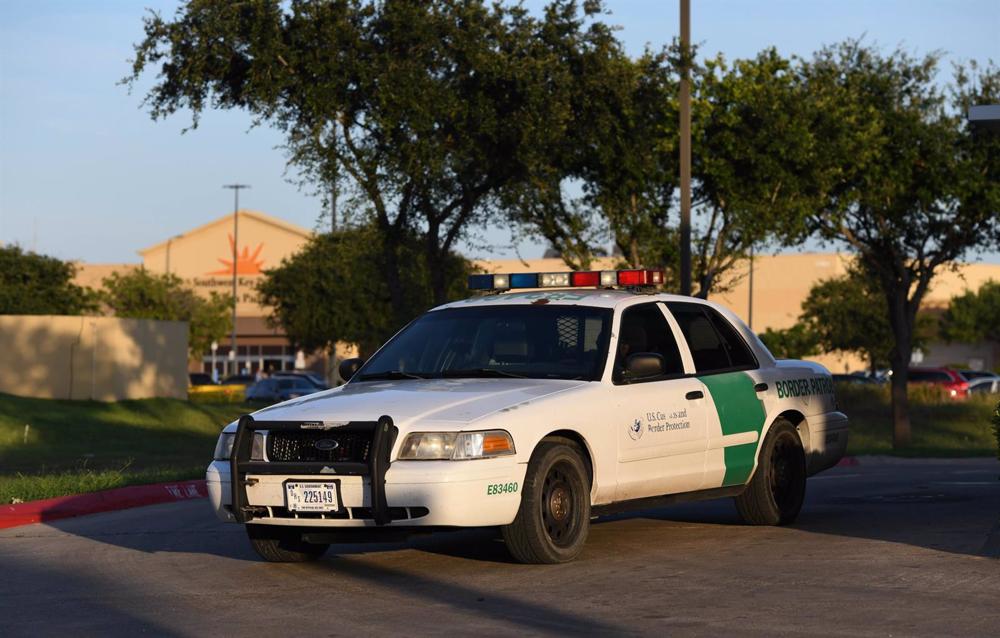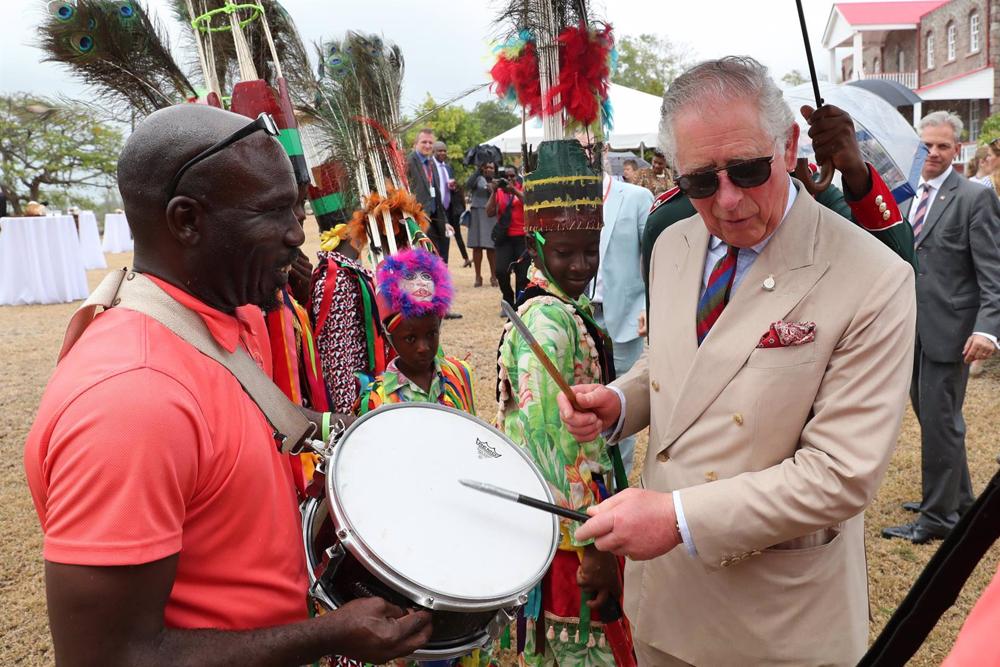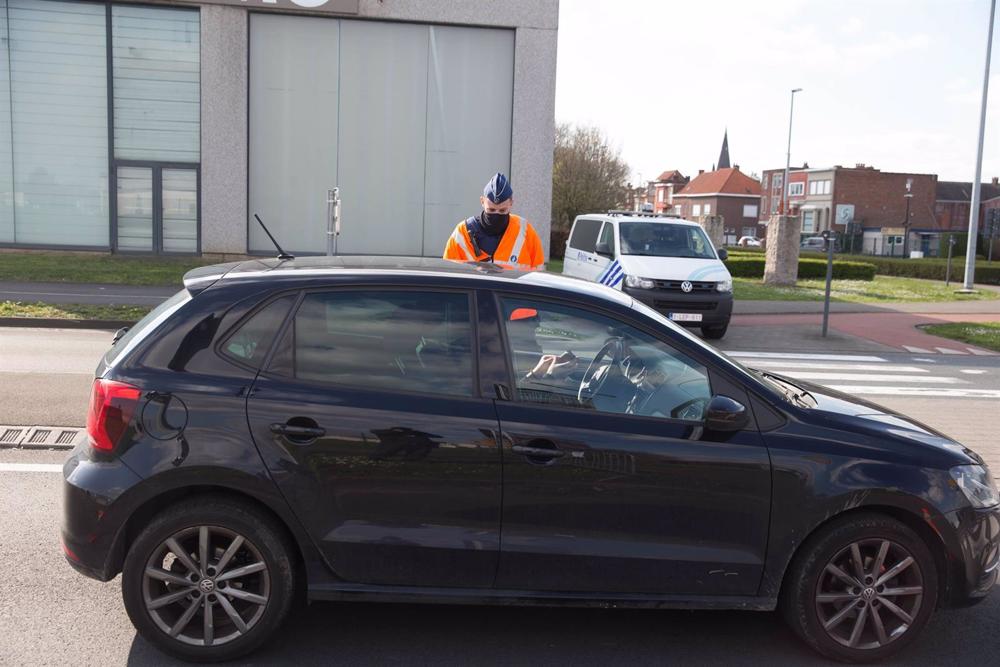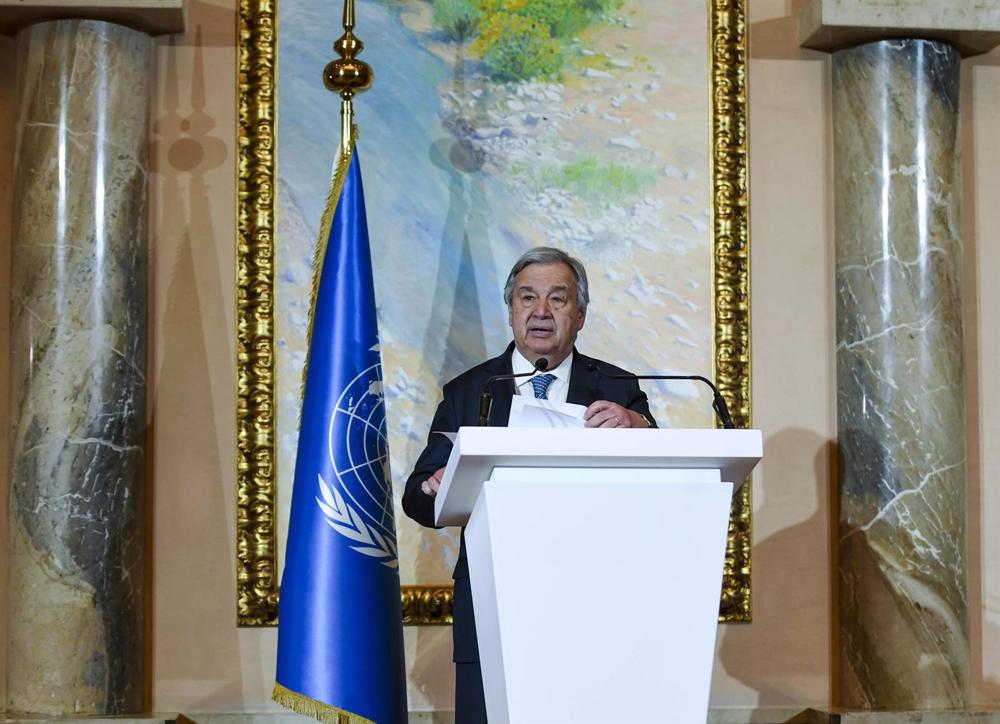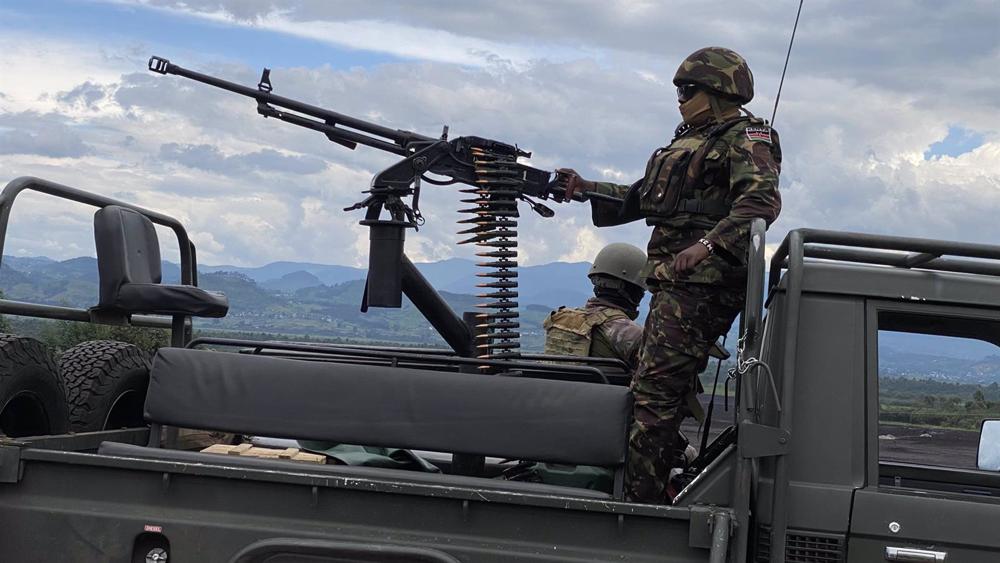
The Army of the Democratic Republic of Congo (DRC) and the rebel group March 23 Movement (M23) have engaged in new clashes on Tuesday around the town of Kitshanga, in the province of North Kivu (east), following the crossing of accusations of non-compliance in the implementation of the agreement in Luanda to impose a ceasefire and pave the way for a peace agreement.
Witnesses quoted by the Congolese news portal Actualité have indicated that the M23 launched an offensive early in the day against army positions and allied militias near Kishanga, with no casualties reported so far. The fighting has also provoked a population displacement towards Kishanga.
Hours earlier, the M23 had denounced that the Congolese Army and several allied militias had launched several attacks against its positions and said that Kinshasa «is making it difficult for the M23 to implement the resolutions of the Luanda mini-summit and the peace process in Nairobi».
«While the M23 is preparing to surrender more areas under its control, in addition to those already surrendered, the DRC government is amassing coalition troops on all front lines,» he said in a statement published through his account on the social network Twitter.
«The M23 reminds the national and international community that the Government of DRC has lied to its regional and international partners about hiring mercenaries to train the Armed Forces, which are actually deployed on all frontlines alongside the government coalition to fight the M23,» it argued.
In this sense, he underlined that DRC «has ignored all regional and international peace efforts and initiatives, worsening the situation», while denouncing the support to the Congolese Army by the United Nations Mission in DRC (MONUSCO).
«We have sufficient basis to say that the regime of (Congolese President Felix) Tshisekedi does not want to peacefully resolve the conflict in eastern DRC and that it is committed to destroying the M23,» he lamented, before reiterating his support for a peace process to resolve the conflict «through meaningful political dialogue.»
«However, the M23 reserves the right to defend itself and to protect civilian populations in the areas under its control and has no choice but to confront the threat, wherever it comes from,» reiterated the rebel group’s spokesman, Lawrence Kanyuka.
The DRC authorities last week accused the M23 of not fulfilling its commitments to withdraw from the east of the country, while the group denounced army attacks and warned that it «will not stand idly by». He also stressed that the Luanda conclusions on the government «must also be implemented.»
Rwanda, accused by DRC of backing the M23 in the framework of the conflict — which has provoked a serious bilateral diplomatic crisis — also accused Kinshasa of making «a selective reading» of the communiqué published after the Luanda mini-summit and warned that «it can only be seen as a threat of imminent attacks against Rwanda».
ATTACKS IN EASTERN DRC For its part, the United Nations High Commissioner for Refugees (UNHCR) has expressed its «deep concern» over «the increase in brutal attacks» against civilians by armed groups in eastern DRC, which have left hundreds dead and thousands displaced in this part of the African country.
UNHCR spokesman Eujin Byun recalled that at least seven people, including five children, were killed in a January 19 attack on an IDP camp in Ituri province, which resulted in several homes being looted and burned to the ground, causing 17,000 people to flee to the nearby town of Bule.
«More than 200 civilians have been killed in the past six weeks in Ituri in a series of attacks by non-state armed groups that have also destroyed 2,000 homes and closed or demolished 80 schools. At least 52,000 people have fled in the province, which already hosts 1.5 million internally displaced people,» he said.
Byun stressed that «the attacks are also taking place in neighboring North Kivu, where since March 2022 there has been a dramatic upsurge in fighting that has caused 521,000 people to flee for their lives from shelling and forced recruitment by non-state armed groups».
«Around 120,000 people have moved to the relative safety of the outskirts of the provincial capital, Goma, carrying their personal belongings on their heads and children on their backs. In total, 2.1 million people are displaced in this conflict-torn province,» he detailed.
He stressed that UNHCR and its partners «continue to deliver life-saving assistance to the displaced,» including the construction of new facilities in the Buchagara IDP camp around Goma and in Rhoe in Ituri province. «The violence and instability in the region also means that UNHCR and its partners are providing shelter, facility management and protection services despite the security risks to humanitarian staff,» he added.
«UNHCR reiterates that humanitarian actors and civilians should not be targeted in armed conflict and calls on all parties to respect the civilian and humanitarian character of sites for the displaced,» he reiterated. More than 5.6 million people are displaced in DRC, the largest displaced population in Africa and one of the largest in the world. The country also hosts 524,700 refugees, according to UNHCR data.
Source: (EUROPA PRESS)
